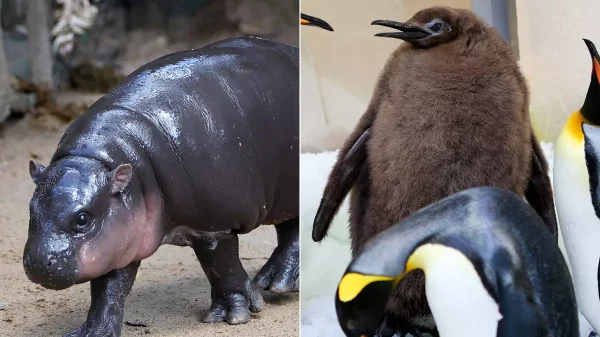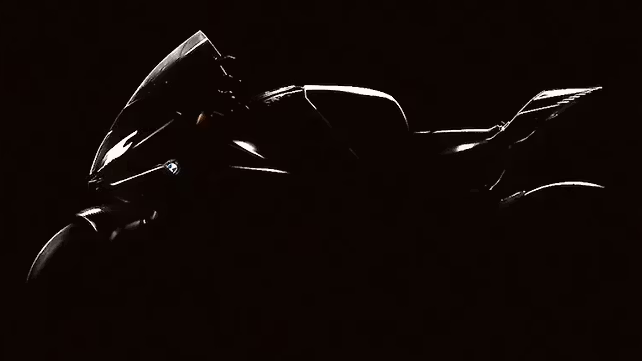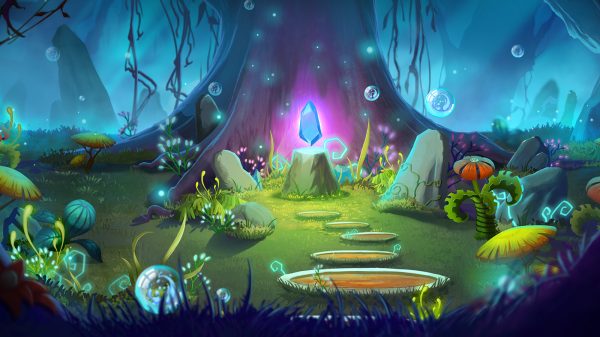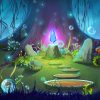Enceladus may be hiding life. A rogue planet is growing like a star. October 2025 just gave us two of the most exciting discoveries in recent astronomical history — and they’re changing everything we thought we knew about planets, stars, and the conditions for life.
🌊 Enceladus: Saturn’s Tiny Moon With a Giant Secret
Imagine a world just 310 miles across — smaller than England — orbiting over 800 million miles from the Sun. Frigid, distant, and hidden beneath an icy crust, Saturn’s moon Enceladus might not seem like the most obvious place to search for life. But according to scientists, it might be one of the best.
Thanks to new analysis of data from NASA’s Cassini spacecraft, researchers have found a rich soup of organic molecules in the ocean beneath Enceladus’s icy shell. These aren’t just simple carbon compounds — they include complex organics, some never before seen on this moon.
“Having a variety of organic compounds on an extraterrestrial water world is simply phenomenal,” said researcher Fabian Klenner.
🚿 Sampling an Alien Ocean… From Space
Cassini didn’t have to land on Enceladus or drill through its crust to get this data. Instead, it flew through the icy plumes erupting from the moon’s surface — geysers that blast ocean water straight into space. These plumes feed Saturn’s outer E-ring, giving scientists a direct sample of what’s in the hidden ocean.
🧪 What They Found
The team, led by Dr. Nozair Khawaja, examined high-speed dust impacts from a 2008 flyby. Their analysis confirmed:
- New classes of organic compounds, rich in carbon and essential life elements.
- Similarity to Earth’s hydrothermal vents — deep-sea environments teeming with life.
- Presence of key life ingredients: methane, carbon dioxide, phosphorus, and now a more complete mix of complex organics.
These molecules suggest Enceladus’s ocean may have hydrothermal activity — underwater heat sources that, on Earth, help create life-supporting ecosystems.
🧬 Life vs. Habitability
Of course, organic molecules aren’t the same as living organisms. Scientists are careful to draw the line between what’s habitable and what’s actually inhabited.
“We believe that Enceladus is habitable,” said Khawaja, “but we do not know if life is indeed present.”
Regardless, this is a huge leap forward in our search for extraterrestrial life. And it’s intensifying the push for a new mission to Enceladus this time, to land, sample, and maybe even taste the waters of this alien ocean.
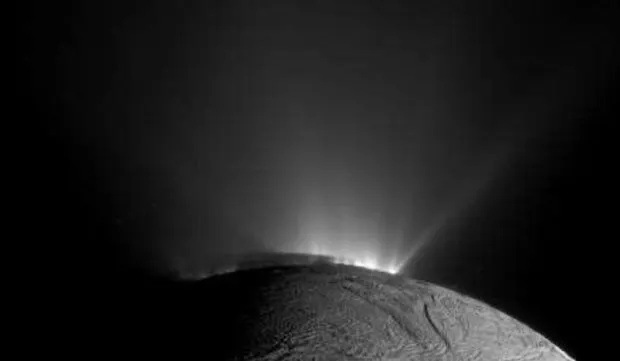
☄️ A Rogue Planet That Eats Like a Star
While Enceladus teases us with signs of life, another cosmic oddball is blowing scientists’ minds — not because it might host life, but because of how it exists.
Meet Cha 1107-7626, a rogue planet roughly 620 light-years away in the Chamaeleon constellation. It’s a young, free-floating planet not bound to any star. That alone is strange. But here’s the kicker:
It’s actively feeding on a disk of gas and dust at a rate of six billion tons per second.
To put that in perspective, that’s about one Mount Everest’s worth of mass every 1.5 seconds.
🌟 Planet or Star?
With a mass between 5–10 times that of Jupiter, Cha 1107-7626 isn’t big enough to be a star. It’s not even heavy enough to be a brown dwarf. Yet it’s growing through magnetically driven accretion, a process previously only observed in stars.
During a recent accretion “burst” captured by telescopes including NASA’s James Webb and the Very Large Telescope in Chile, scientists also observed something totally unexpected: the appearance of water vapor in the surrounding disk a chemical shift tied to star formation, not planetary growth.
🤯 Rethinking Rogue Planets
This planet’s behavior suggests it might not have formed like the planets we know. Instead of being ejected from a solar system, it could have formed in isolation, more like a low-mass star.
“This discovery blurs the line between stars and planets,” said astronomer Belinda Damian.
🔭 Why These Discoveries Matter
Together, Enceladus and Cha 1107-7626 represent two extremes of cosmic evolution one is a frozen ocean world that might host life; the other is a fiery, feeding infant planet acting like a star.
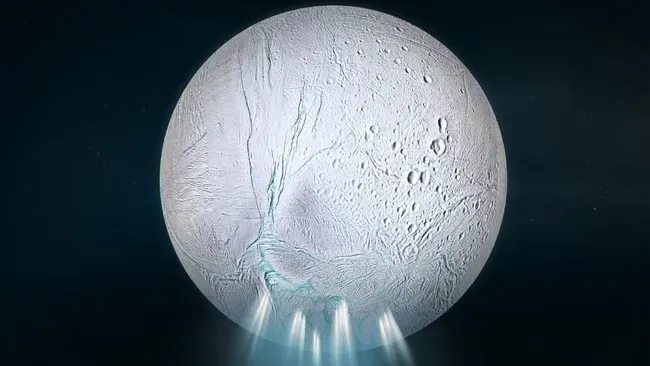
What they reveal:
- Life may not need sunlight. Enceladus shows that energy and chemistry not sunshine — might be enough to support biology.
- Planets can be more dynamic than we imagined. Some rogue planets aren’t just drifting dead worlds; they’re evolving, active bodies with the potential to reshape how we define planets vs. stars.
- The universe is teeming with surprises. And we’re only scratching the surface.
As physicist Nigel Mason put it:
“Underground oceans on moons are perhaps the best candidates for the emergence of extraterrestrial life in our solar system. This work only confirms the need for further studies.”
👀 What’s Next?
- ESA and NASA are eyeing new missions to Enceladus, potentially including landers or ice-penetrating probes.
- The Europa Clipper and JUICE missions will soon study other icy moons that may hide oceans and life.
- The upcoming Extremely Large Telescope will give us better views of rogue planets and their dusty disks.
One thing is certain: we’re living in a golden age of discovery, and the universe is proving far more alive, active, and alien than we ever expected.

